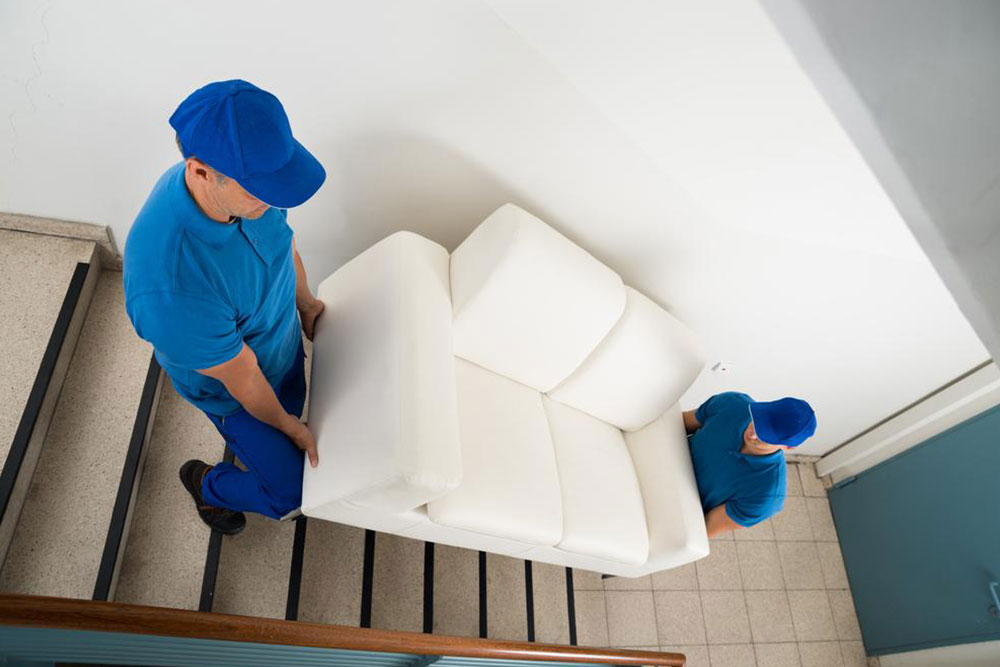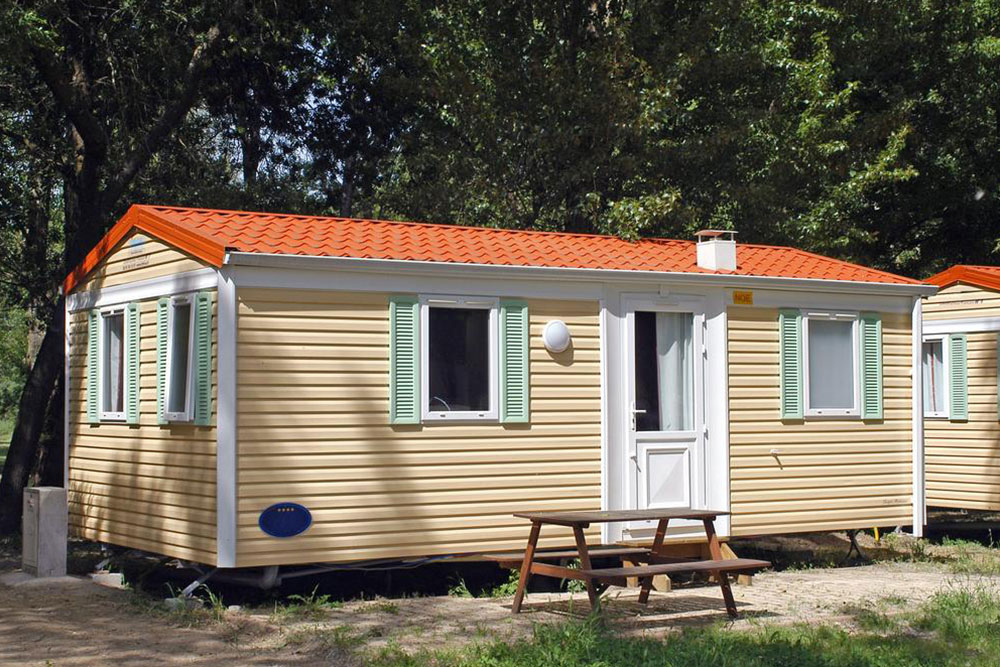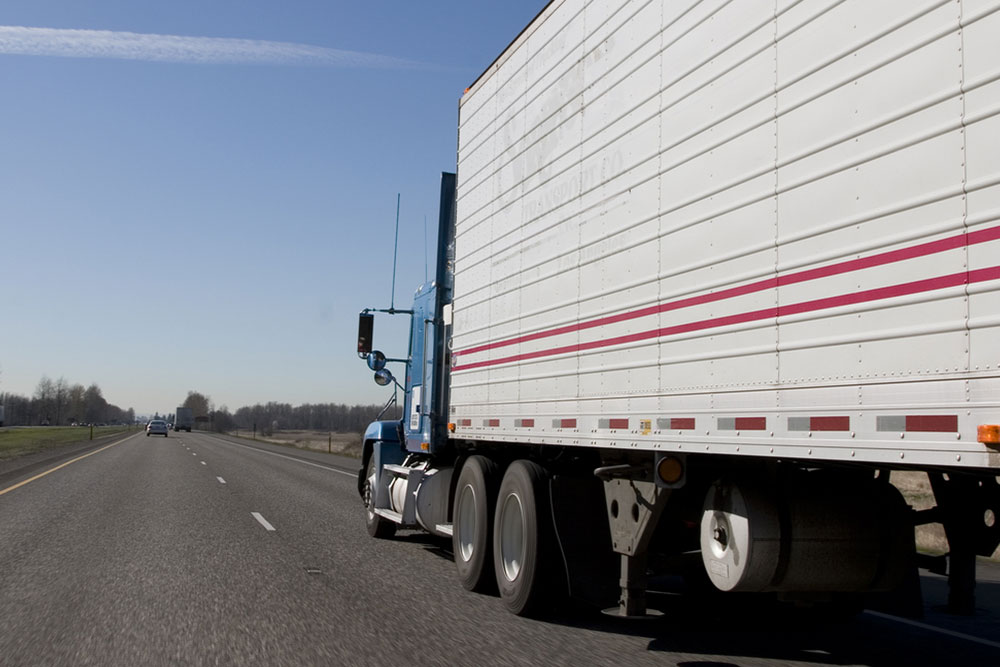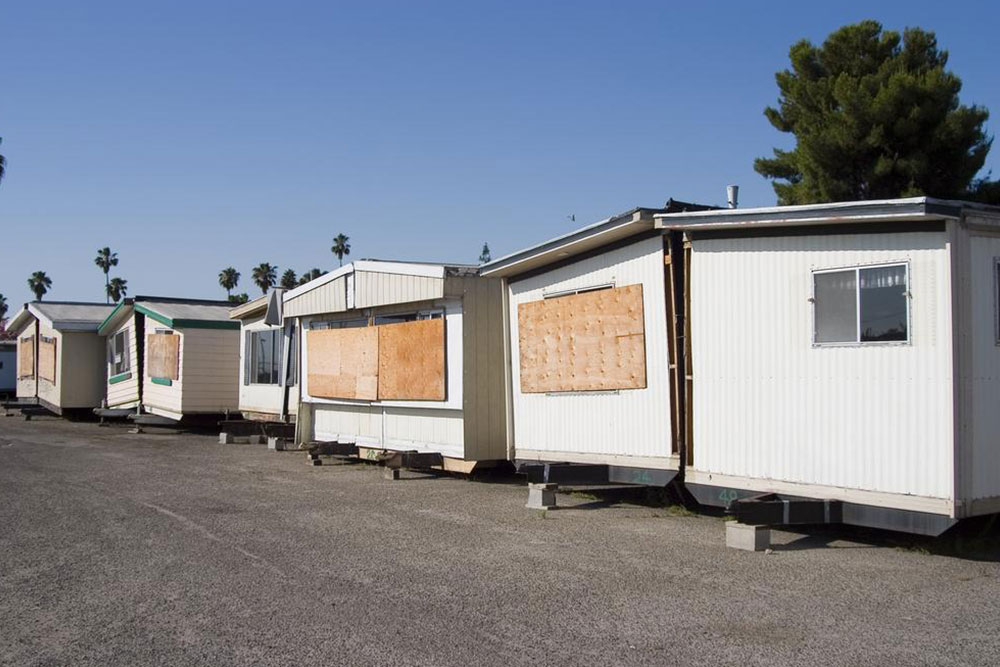Comprehensive Guide to Choosing the Best Mobile Home Moving Service
This comprehensive guide provides essential tips for selecting the best mobile home moving service. It covers permits, legal requirements, recommendations, zoning laws, utilities setup, and community rules. Proper planning ensures a smooth, safe, and compliant relocation. Learn how to choose experienced movers and avoid common pitfalls for a successful move.

Comprehensive Guide to Choosing the Best Mobile Home Moving Service
Relocating a mobile home is a complex process that extends beyond simply loading the unit onto a transportation vehicle. It requires meticulous planning, coordination, and expertise to ensure a safe and efficient move. The reliability and experience of your chosen mobile home moving company play a pivotal role in the success of your relocation. Moving such a sizable and delicate structure involves understanding various physical, legal, and logistical considerations, making it essential to select a professional mover well-versed in these challenges.
Making the right choice entails several critical steps. From obtaining the necessary permits to understanding local zoning laws and ensuring utilities are correctly connected post-move, each phase demands careful attention to detail. Proper planning not only safeguards your property but also helps avoid legal issues and unforeseen delays that could inflate your moving costs or compromise the safety of your move.
Below is an in-depth overview of the essential tips to consider before entrusting your mobile home relocation to a professional moving service, ensuring a smooth, cost-effective, and stress-free experience.
Understanding Permits and Legal Requirements
One of the most critical aspects of mobile home relocation is obtaining the necessary permits. Different states and municipalities have unique regulations governing the transportation and installation of mobile homes. These permits ensure that your move complies with safety standards related to electrical, plumbing, gas, and transportation laws. Therefore, it’s advisable to work with a moving company that will handle all permit applications, inspections, and necessary paperwork. This not only streamlines the process but also minimizes legal complications that might arise during or after the move.
Gathering Recommendations and Conducting Due Diligence
The safest way to find a reputable mobile home mover is by seeking recommendations from trusted sources. Contact local mobile home parks, real estate agents, dealers, or industry contacts who have previously managed similar relocations. Personal recommendations often provide insights into the company’s reliability, professionalism, and quality of service. Additionally, online reviews and ratings are valuable tools for assessing a mover's reputation. When evaluating potential moving companies, consider their experience, insurance coverage, and customer feedback to make an informed decision.
Verifying Zoning and Local Regulations
Before starting the moving process, it’s essential to consult the local zoning department. Zoning laws dictate where mobile homes can be placed, their dimensions, and foundation specifications. Failure to adhere to these regulations can result in fines, requiring modifications, or even moving the home again. Confirm whether your intended new location has restrictions on the size, design, or age of the mobile home. Ensuring compliance with community and municipal guidelines will prevent legal issues and facilitate a smooth transition.
Planning for Utility Connections and Post-Move Setup
Post-move utility connections are an integral part of mobile home relocation. The professional movers may include this service, or you may need to hire local electricians, plumbers, and utility providers separately. Coordinate with your service providers ahead of time to schedule hookups for water, electricity, sewage, and gas. Proper planning ensures that your mobile home is fully functional and comfortable upon arrival. Remember to verify that the utility connections meet local codes and safety standards. This proactive approach can avoid costly rework and ensure your new home is ready for occupancy.
Adhering to Community Rules and Aesthetic Regulations
If relocating within a residential community or mobile home park, familiarize yourself with the community’s specific rules, regulations, and aesthetic standards. Many communities have guidelines regarding siding, landscaping, sheds, or other external modifications to maintain uniformity and appeal. Failing to comply with these rules can lead to fines, requests for modifications, or even denial of approval for your move. Engaging with community management early on ensures that all requirements are met, and your move proceeds without unnecessary delays or conflicts.
In conclusion, moving a mobile home requires diligent research, thorough planning, and professional assistance. By understanding legal requirements, gathering recommendations, verifying zoning laws, planning utility connections, and adhering to community standards, you can significantly reduce the risks and challenges associated with your relocation. Hiring an experienced and reputable mobile home moving service makes this complex process manageable, ultimately saving you time, money, and stress. Preparing well ensures that your move is not only successful but also smooth, safe, and compliant with all relevant regulations, allowing you to enjoy your new residence with peace of mind.





